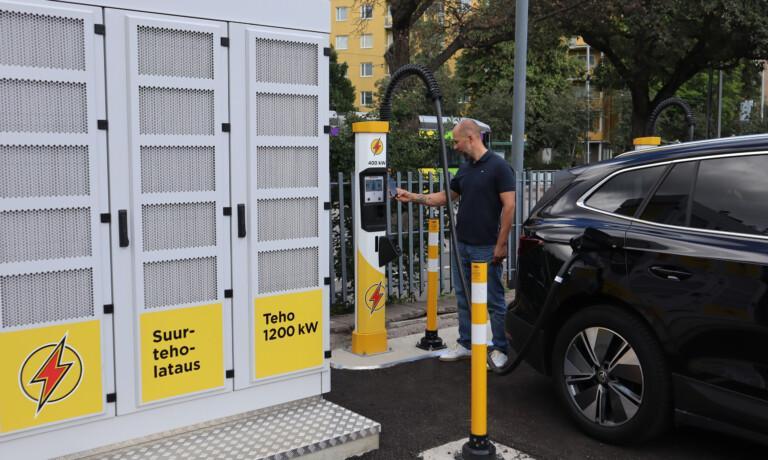
AFIR
Significato
Il regolamento dell’UE sulle infrastrutture per i carburanti alternativi (AFIR) mira a espandere l’infrastruttura di ricarica per i veicoli elettrici. Stabilisce obiettivi vincolanti per la diffusione di stazioni di ricarica per veicoli elettrici, in particolare lungo le principali vie di trasporto e nelle aree urbane. Un’attenzione particolare è rivolta ai sistemi di ricarica rapida a corrente continua per promuovere la mobilità elettrica. Il regolamento richiede inoltre standard comuni per la tecnologia di ricarica dei veicoli elettrici e l’interoperabilità per facilitarne l’uso. Gli Stati membri dell’UE devono sviluppare piani nazionali e ampliare l’infrastruttura di ricarica dei veicoli elettrici entro il 2030. L’AFIR stabilisce i requisiti per la densità della rete di ricarica, la potenza disponibile e le opzioni di pagamento dei caricatori.
Il regolamento AFIR stabilisce che i principali corridoi di trasporto dell’UE (TEN-T) devono offrire siti di ricarica rapida a corrente continua per i veicoli elettrici leggeri entro la fine del 2025. La distanza massima tra i siti di ricarica per veicoli elettrici è di 60 km, con una potenza minima di 150 kW per uscita e una potenza totale di 400 kW (600 kW entro il 2028).
Per i camion ed i furgoni elettrici, così come altri veicoli pesanti, i requisiti sono che almeno il 15% della lunghezza della rete stradale TEN-T deve offrire almeno una potenza di almeno 350 kW, con una potenza minima di 1400 kW entro la fine del 2025. I requisiti diventano gradualmente più stringenti, fino ad arrivare all’obbligo di offrire stazioni di ricarica rapida ogni 100 km, con una potenza di ricarica di 350 kW e una potenza totale minima di 1500 kW.


